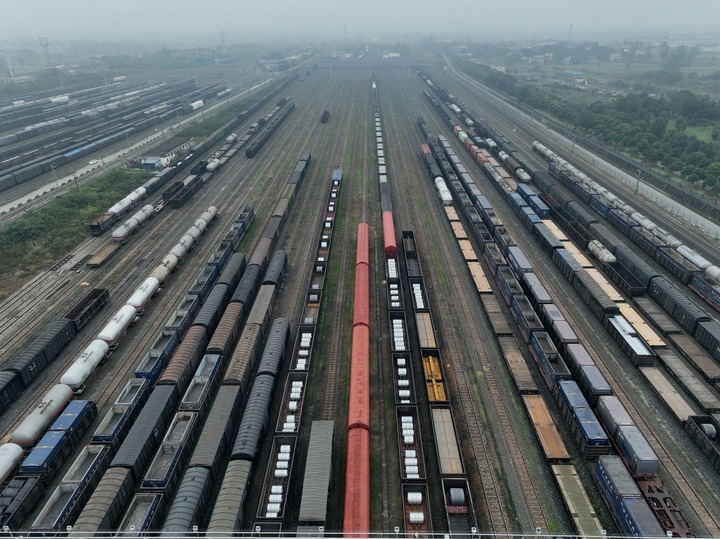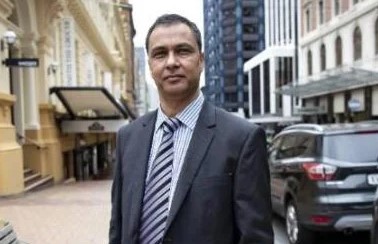
University of Botswana law students made their voices heard loud and clear regarding what they want the review of the country's Constitution to include during the recent Colloquium
Cynthia Thanda
What are you doing as a youth in Botswana during this Constitutional Review? Are you playing your responsibility as the future generation of this country?
The youth of Botswana have been given a great opportunity to finally re-write the country’s Constitution which will guide and benefit them in the future.

The Pan Afrikanist talked to some of the University of Botswana’s Department of Law students about their views on the review of the Constitution.
Katlo Segaise raised ideas on new and overdue constitutional provisions for citizenship rights, presidential and parliamentary enhancements of qualifications, the establishment of a Supreme or Constitutional court, and independence of the judiciary.
Her colleague Ogaufi Mafoko, a third-year law student who supported her suggestions wants the Constitutional-making process to be enshrined within the constitution. In addition within such a process, the following should be provided for: comparative studies should be done and guaranteed, there should be a detail that satisfies adherence to international law and international conventions; there should be a time frame to determine the progress and credibility of the constitution and there should be an inclusion of a youth clause to guarantee the youth a future.
It is important to be aware of Socioeconomic rights when dealing with the Constitutional Review and Thato Muzola took us through the journey of constitutional recognition of these rights.
Socio-economic rights are rights that give people access to certain basic needs, necessary for survival and dignity. These rights include the right to water, the right to shelter, the right to education, etc.
“With regards to the effect of entrenching socio-economic rights in the constitution, we ensure that there is certainty and creditability of benefits. This means that we can hold the government accountable and it ensures there is improved access and justice.
“There will be a clear dispute resolution where people know their rights and where to have them enforced. It ensures there is improvement in the administration of the right,” Muzola elaborated.
A major concern with ensuring socio-economic rights in the constitution is the scarcity of resources. However, there is the concept of progressive realization which allows a country to act within its capacity to meet its socio-economic needs. This means a country can set realistic and minimum socio-economic rights.
In addition to socio-economic rights, Phatsimo Letshwenyo talked about their entrenchment in the constitution. The African Charter on Human Rights states that economic, social, and cultural rights are a guarantee for the enjoyment of civil and political rights.
Letshwenyo believes that these are important because they highlight what Batswana have been missing and that is the ability to present to the people these socio-economic rights.
Professor Tachilisa Balule, the Dean of the Faculty of Social Sciences concurred and mentioned that the review of the constitution must be aimed among other things, at the protection of human rights.
“When entrenching these socio-economic rights, we need to be more sensitive to the marginalized groups. Let’s make things right by being aware that denial or non-recognition of these rights is actually a denial of these rights to more marginalized groups,” Letshwenyo said.
Regarding the unique nature of socio-economic rights and the unique nature of their fulfillment and protection by the courts, Setso Mareka said that the state must go an extra mile to ensure access to healthcare, social assistance, and social security.
This entails a lot of frameworks being put into place. However, it should be noted that currently there are certain social assistance and social security programmes in place which are up and running such as the Ipelegeng. Nevertheless, these are progammes made by the executive, which they are not necessarily bound to make them.
When mentioning the inclusion of possible clauses in the new Constitution, Lebogang Ntope said, “I would like to propose that we include a clause for the impeachment of the president in the event he or she has committed serious misconduct.
“Serious misconduct includes actions such as treason, misuse of power, or failure to uphold these Constitutional provisions. Section 87(6) of the Constitution which needs amendment, provides that parliament has the power to make laws with retroactive effect. We all know to progress the doctrine of the rule of law, it is necessary for laws to be open, clear, and prospective.”
The essence of the constitution is peacebuilding and the youth needs to take their place in this exercise to assure and guarantee their future and that of posterity.









